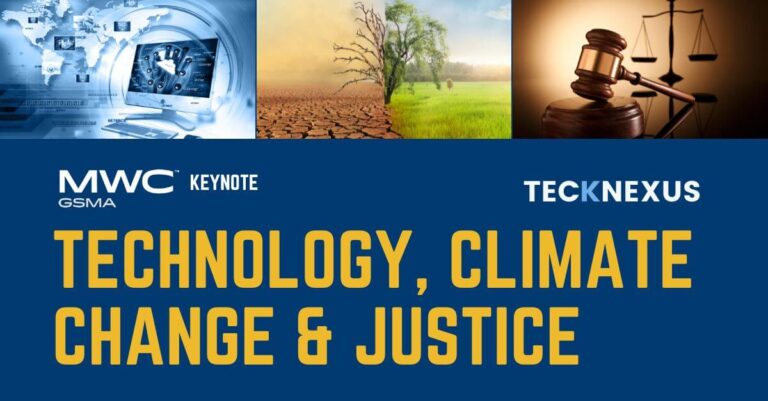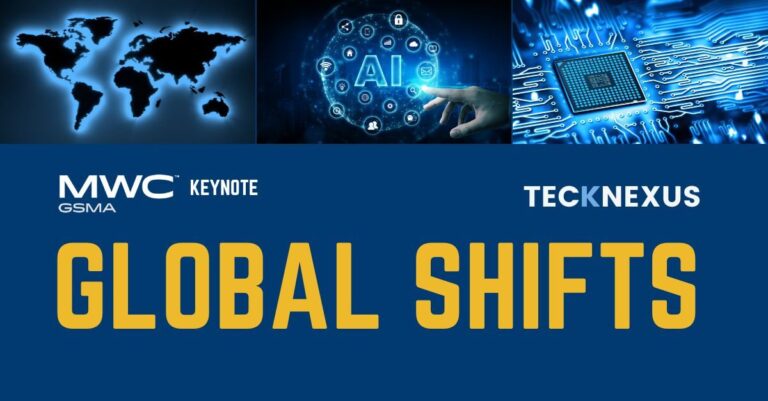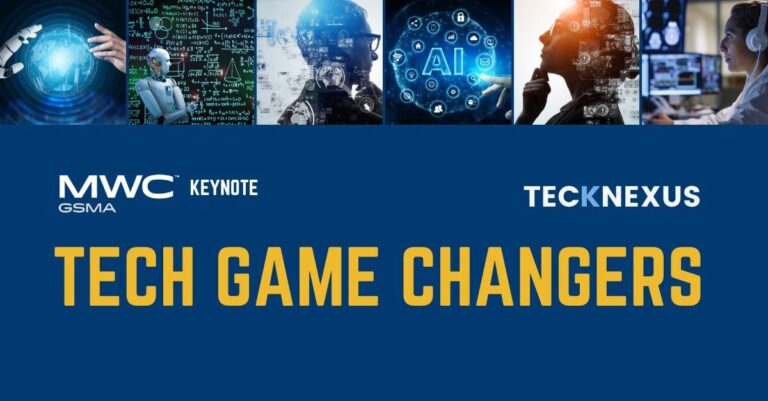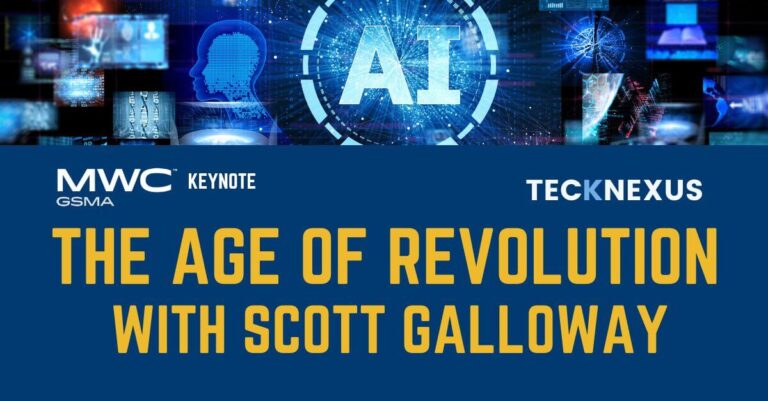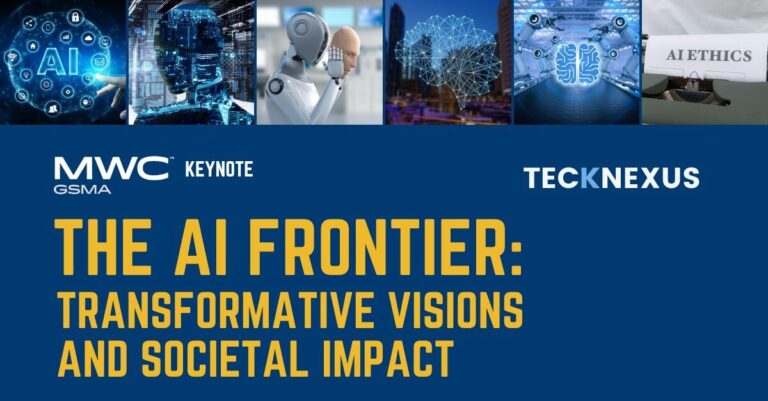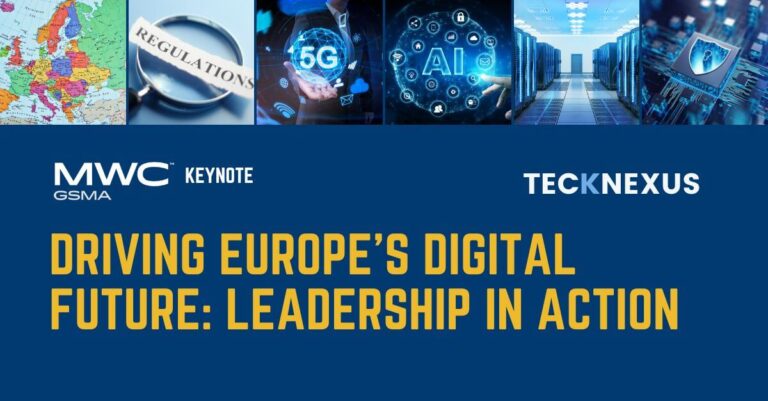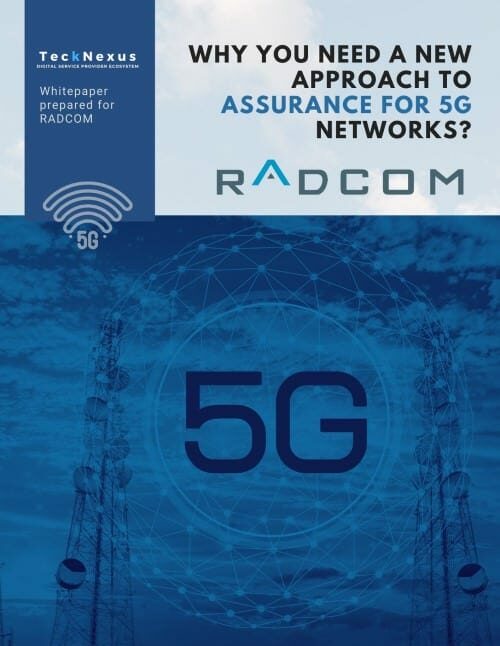National Call Before You Dig Day Underscores the Need for Enhanced Fiber Protection
As National Call Before You Dig Day approaches on August 11th, Verizon is reinforcing its commitment to protecting its vast fiber network from accidental damage—a common yet preventable issue. Each year, numerous fiber lines are inadvertently cut during construction and excavation activities, leading to significant service disruptions for both consumers and businesses. To combat this, Verizon has launched an industry-first program utilizing advanced artificial intelligence (AI) and machine learning to proactively prevent fiber cuts, setting a new standard in the telecommunications industry.
Verizon Tackling the Rising Challenge of Fiber Damage
With the expansion of 5G networks and the growing demand for high-speed internet, the density of underground fiber cables has increased, making them more susceptible to accidental damage. Fiber optic cables are essential for supporting modern telecommunications infrastructure, carrying vast amounts of data across the country and globally. The rise in construction and excavation projects, fueled by urban development and infrastructure upgrades, has amplified the risk of fiber cuts, necessitating a more proactive approach to damage prevention.
Verizon’s advanced AI system processes over ten million dig requests annually through the national 811 system. This system analyzes historical data and real-time information to identify high-risk excavation activities that could potentially disrupt Verizon’s network. The AI considers various factors, such as the specific location of the dig, previous incidents at the site, and the track record of the excavation team. When a potential risk is detected, Verizon intervenes by engaging directly with the excavation crew, providing additional guidance to prevent accidental damage.
The Impact of AI on Reducing Fiber Cuts
The integration of AI and machine learning into Verizon’s 811 system marks a significant advancement in the telecommunications industry. This technology not only enhances Verizon’s ability to protect its infrastructure but also sets a precedent for other telecom companies to follow. The AI system’s ability to identify and mitigate risks before they materialize is expected to reduce fiber cuts by several hundred incidents annually, preserving service continuity and reducing the need for costly repairs.
The deployment of AI in this context is part of a broader strategy by Verizon to leverage emerging technologies to enhance its operations. Verizon’s robust network architecture, characterized by low latency, high bandwidth, and mobile edge computing capabilities, provides the ideal foundation for implementing AI at scale. This initiative is aligned with Verizon’s broader AI strategy, which includes optimizing internal processes, improving customer experiences, and creating new revenue streams through AI-powered services.
Verizon’s AI Strategy: A Blueprint for the Future
Verizon’s approach to AI is not just about damage prevention; it’s about driving innovation across the entire company. The AI strategy at Verizon is multifaceted, aiming to optimize operations, enhance products, and develop new services that leverage the company’s unique network capabilities. For instance, the low latency and high bandwidth of Verizon’s network are critical for AI applications that require real-time processing, such as autonomous vehicles, smart cities, and advanced healthcare solutions.
In addition to preventing fiber cuts, Verizon’s AI initiatives are also focused on enhancing customer experiences. By integrating AI into its customer service operations, Verizon is improving its ability to respond to customer inquiries, troubleshoot issues, and provide personalized services. This not only increases customer satisfaction but also streamlines operations, reducing costs and improving efficiency.
Julie Slattery, Senior Vice President of Core Engineering and Operations at Verizon, highlighted the importance of these efforts: “We are using artificial intelligence and machine learning to be proactive, rather than reactive, keeping our customers connected and preventing accidents that result in costly repairs. It’s also vital that anyone who plans to dig call 811, the national call-before-you-dig phone number, before any project, large or small. It’s the easiest step toward reducing the chance of damaging underground fiber and helping to keep our customers and first responders connected.”
The Role of 811 in Protecting Critical Infrastructure
Verizon’s AI-driven approach to fiber protection is closely tied to the national 811 system, a critical resource for anyone planning to dig. The 811 system allows individuals and companies to request that the approximate location of underground utilities, including fiber optic cables, be marked before excavation begins. This simple step is crucial in preventing accidental damage that can lead to service disruptions and costly repairs.
Verizon’s proactive use of AI and machine learning in conjunction with the 811 system is a game-changer for the industry. It not only enhances the safety and reliability of Verizon’s network but also serves as a model for other telecom companies looking to protect their infrastructure.
The Future of Fiber Protection
As Verizon continues to innovate with AI and machine learning, the future of fiber protection looks promising. The company’s efforts are expected to significantly reduce the number of fiber cuts, ensuring that its network remains resilient in the face of growing demand and increasing infrastructure challenges. This proactive approach to fiber protection is not just about preventing damage; it’s about building a smarter, more resilient network that can support the needs of tomorrow’s digital economy.
In conclusion, Verizon’s AI-powered fiber protection program is a significant step forward in safeguarding the critical infrastructure that underpins modern telecommunications. As National Call Before You Dig Day approaches, Verizon’s message is clear: by leveraging advanced technology and adhering to best practices, we can protect our vital networks and ensure continuous connectivity for all.





